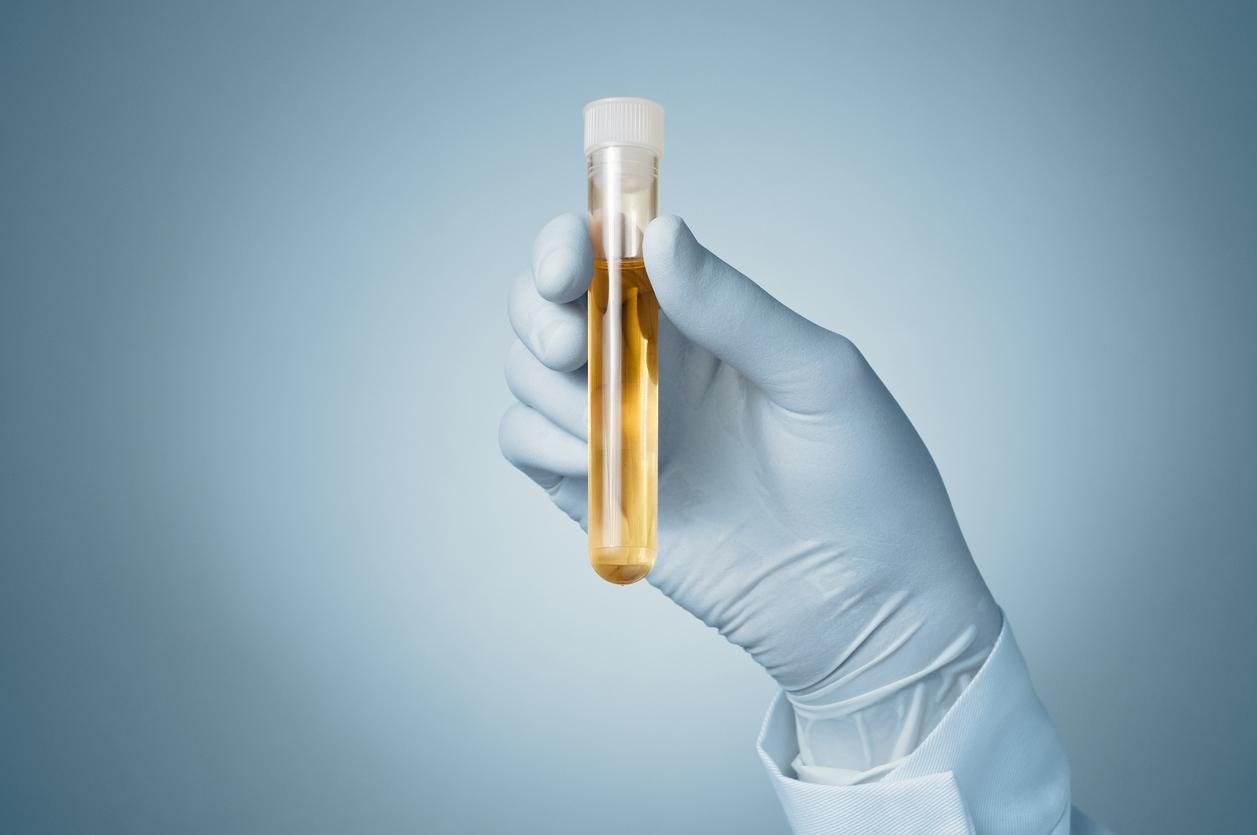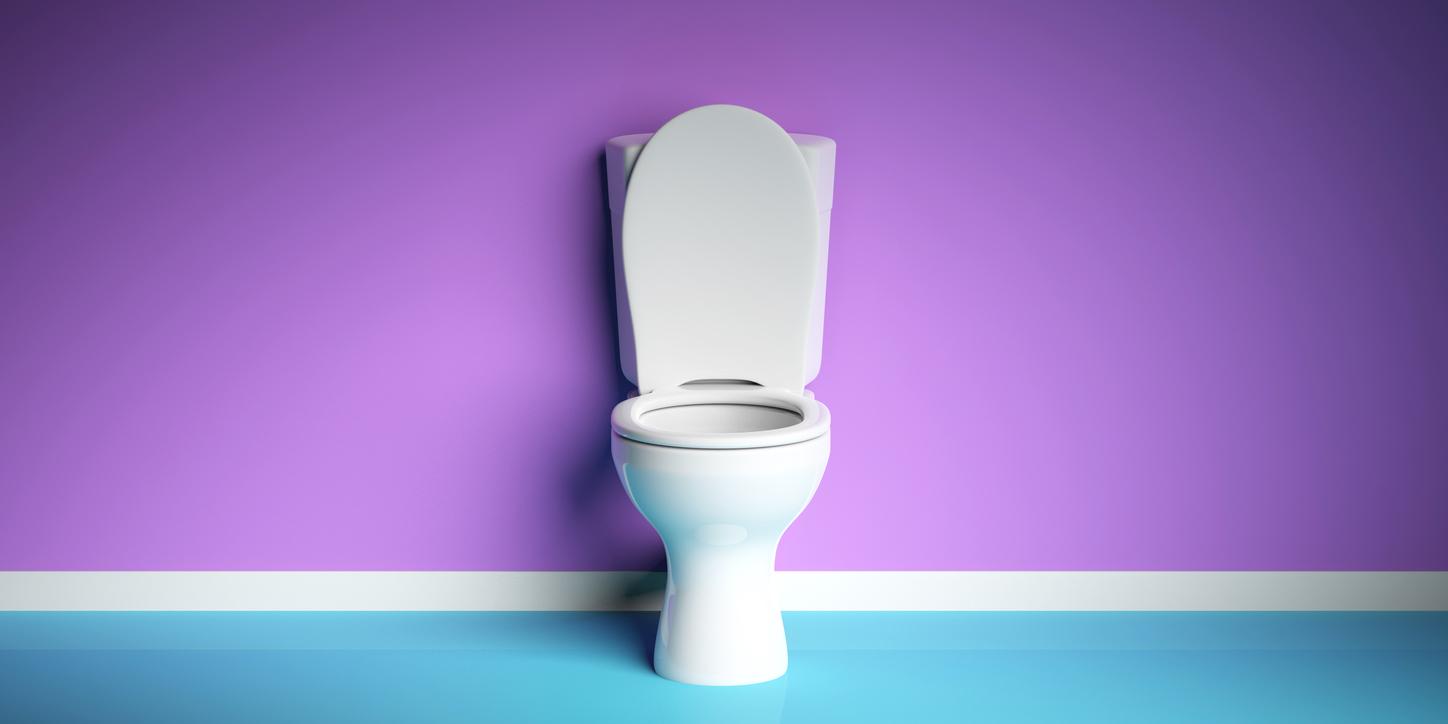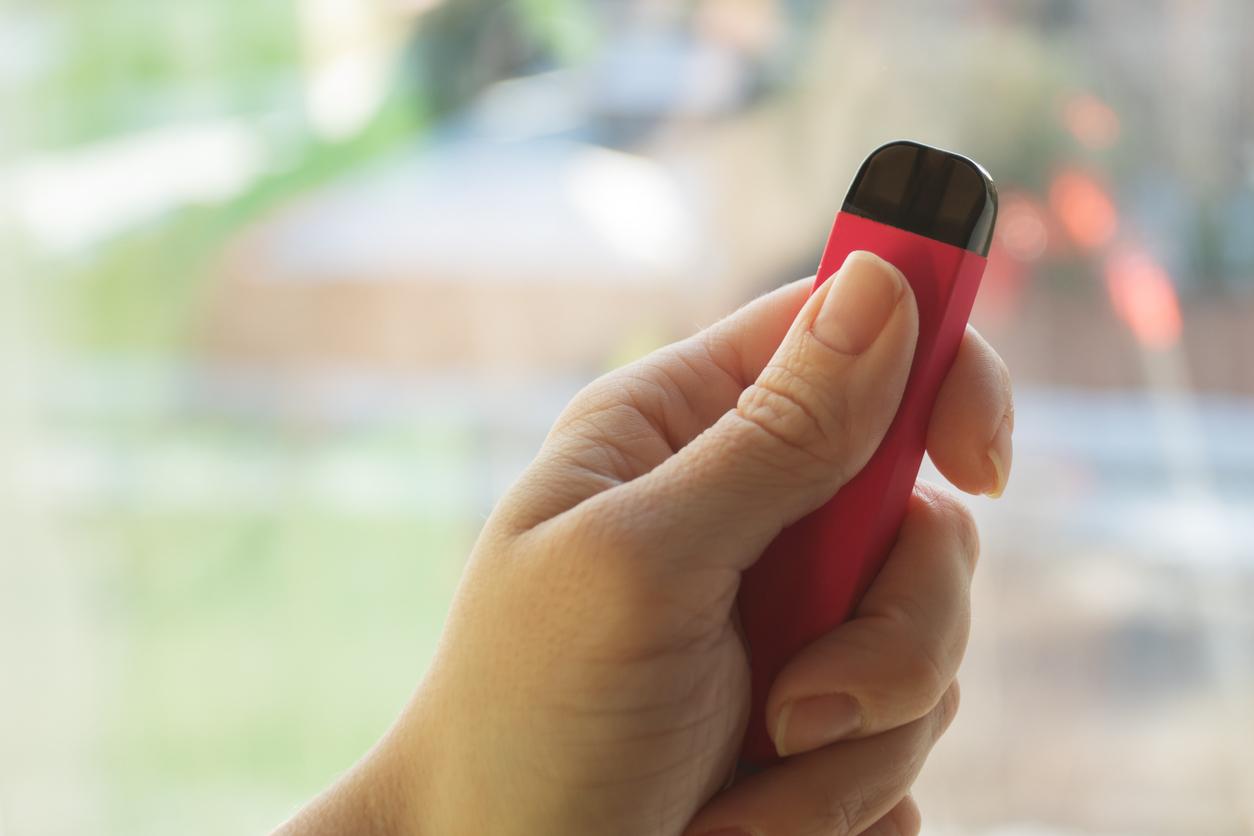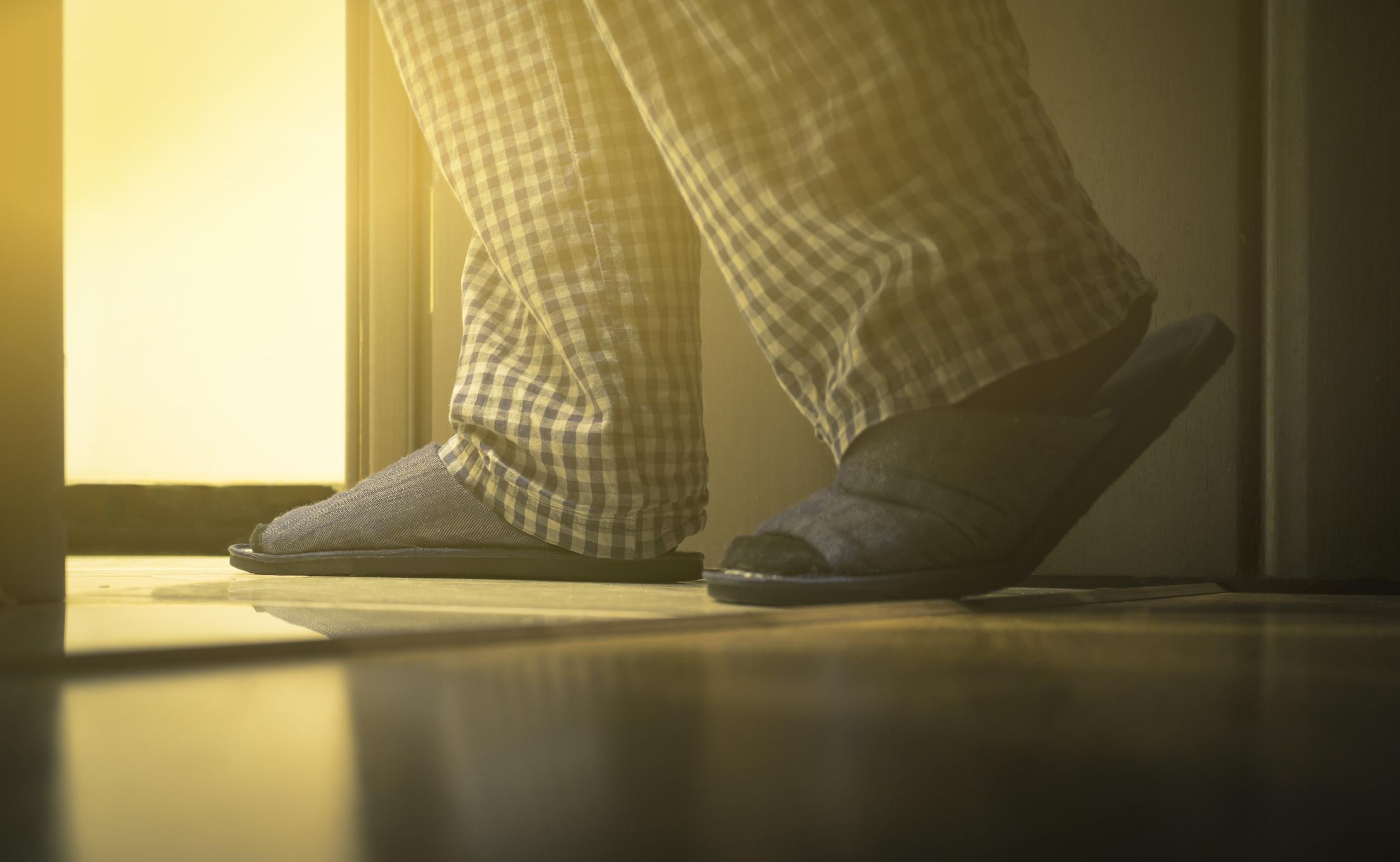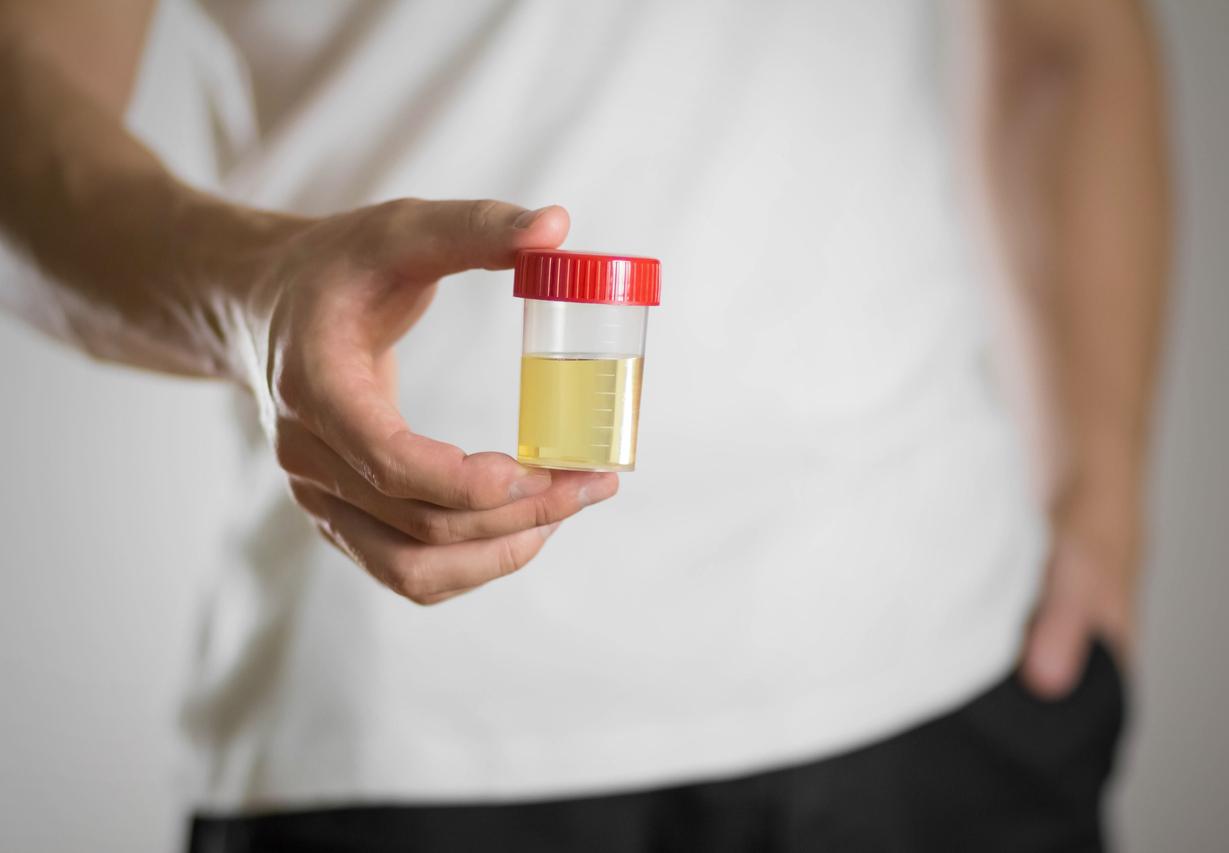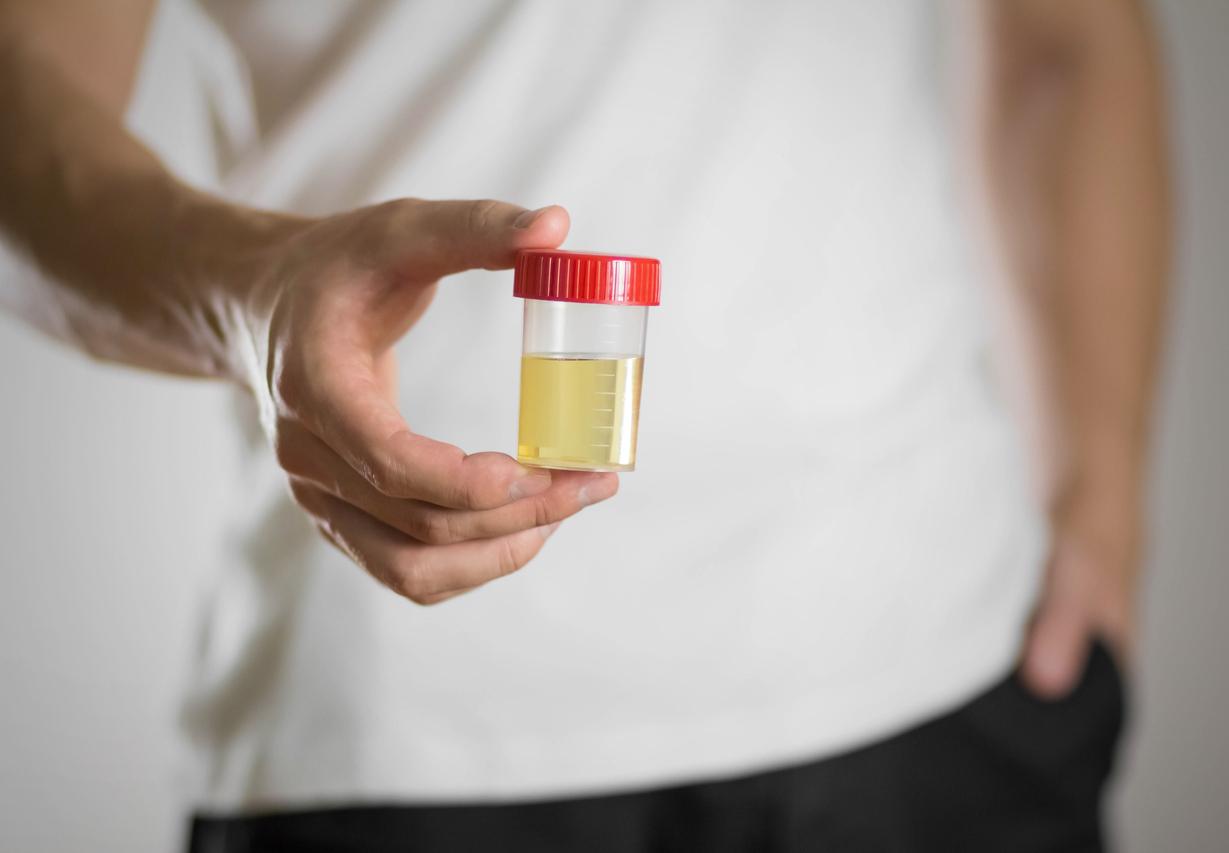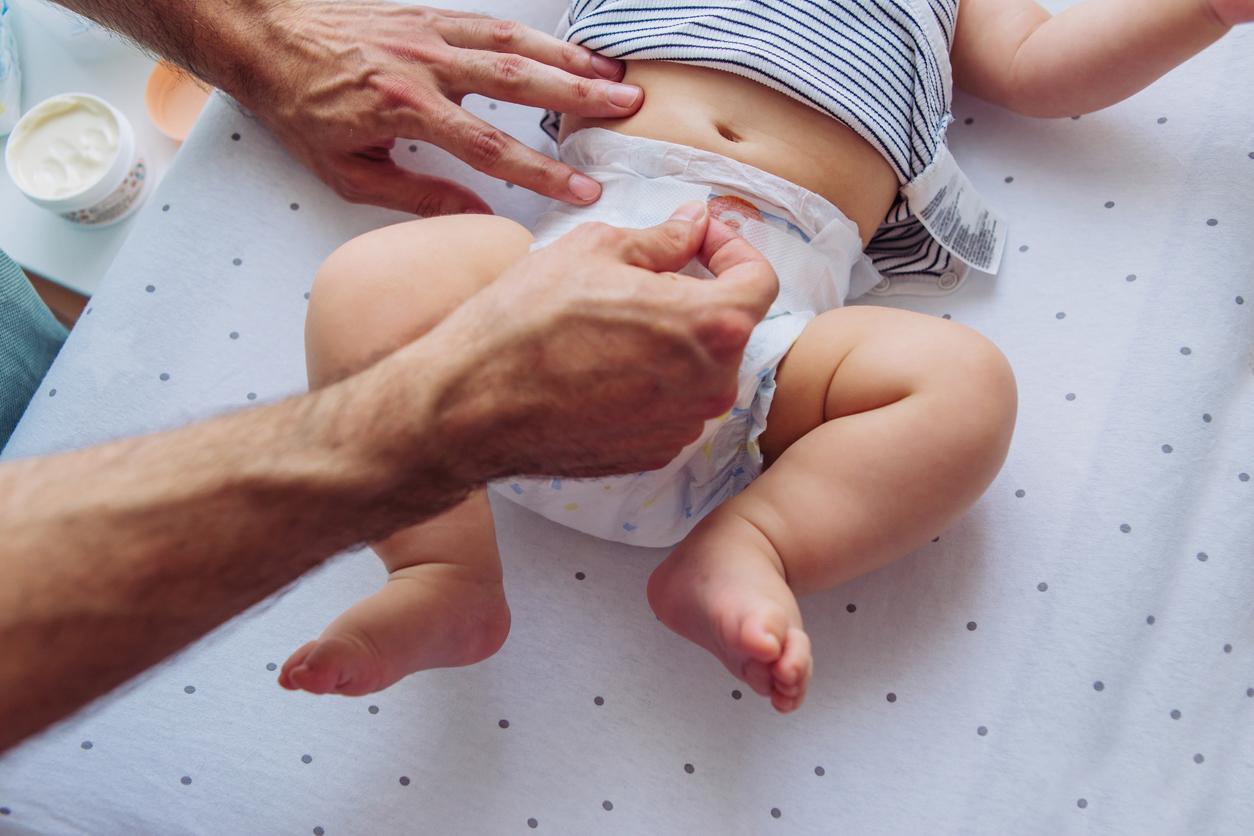Many people avoid urinating when conditions are unsuitable for them. It has even become a sexual practice for some women. But not emptying a full bladder can lead to very serious complications.
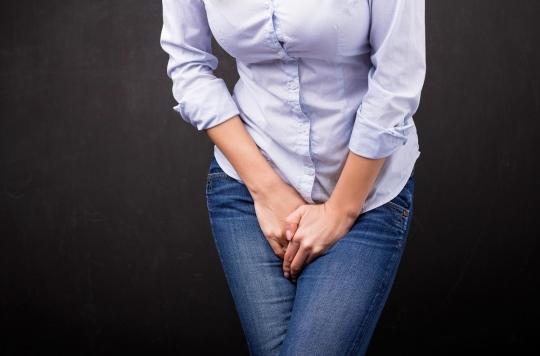
- It is strongly recommended not to refrain from urinating for more than 10 to 15 minutes.
- This practice can end up causing a urinary tract infection.
- Blocked urination can also lead to the formation of kidney stones.
Urinating is a natural body cleansing process, but its importance is overlooked. Many people are unaware of its benefits, and sometimes put off going to the bathroom until they can’t take it anymore. Either the timing is inappropriate or the toilet is not nearby. However, it is strongly recommended not to hold urination for more than 10 to 15 minutes. Beyond this period, if this practice is repeated regularly, the repercussions on health can be serious.
Preventing urination promotes stagnation of bacteria
Infrequent and withheld urination for a prolonged period can indeed lead to stagnation of urine and an accumulation of bacteria in the bladder, which can lead to a urinary tract infection (also called cystitis). Common in women – it is estimated that 2 to 3% develop cystitis each year – this infection spreads in the urinary tract, causing a constant urge to urinate, abdominal pain and burning pain during urination. Because in addition to the water we consume, urine contains all the waste that the body no longer needs and that the kidneys have filtered (calcium oxalate, calcium phosphate, cystine, uric acid, etc.) .
In more detail, the bladder contains absorbed liquids, small residues and acidic and ammonia substances. If this mixture is not purged regularly, it can damage the walls of the urinary tract, relax the muscles of the bladder and increase the risk of urinary retention – when you are unable to urinate despite the urge – which can ultimately require the placement of a urinary catheter.
In 2015, Joshua Meeks, urologist at the Northwestern Medicine Center, in the United States, described in Men’s Health the case of a soldier who lost consciousness after having stored the equivalent of three bottles of alcohol in his bladder. “The organ was completely distended, he explained. The patient was unable to urinate normally, and he had to have a catheter inserted into his penis three to six times a day.” In this kind of case, before the placement of the probe, the volume of the bladder has already increased and is noticed by a mass above the pubis.
Kidney stones, chills, pelvic pain
Blocked urination can also lead to the formation of kidney stones. These small crystals (called “urolithiasis” in medical terms) form in the kidneys, bladder or urethra. Their size varies considerably, ranging from a few millimeters to several centimeters in diameter. Small in volume, the calculations can pass through the natural channels, sometimes causing the appearance of blood in the urine.
But when they are large and form in small ducts such as the ureter which is between the kidneys and the bladder, they can easily block the passage and cause very severe pain. This phenomenon is called renal colic. Renal colic is a sharp pain that is most often located in the lumbar region, on one side of the back, but sometimes in the stomach or groin. The main complication of renal colic is superinfection of the kidneys (pyelonephritis), which is due to stagnation of urine and dilation of the urinary tract upstream of the stone, exposing to a generalized infection (sepsis). It is estimated that between 5 and 10% of people develop kidney stones during their lifetime, and half of them will still have them 10 years later, such is the lack of prevention. Overall, kidney stones are twice as common in men and usually occur after age 40.
Retention in urination can also lead to vesicoureteral reflux, a fairly serious condition that occurs when urine, which is not expelled, flows back into the urethra and kidneys. As specified the French Association of Urology, “the intervention then consists of remodeling the implantation of the ureter in the bladder by injecting an implant into the bladder wall. This modification restores an anti-reflux mechanism”. Patients can be treated with antibiotics to “limit the risk of urinary tract infection and therefore kidney infection. However, it does not treat the reflux itself”. This is the subject of a surgical intervention, for “creation of an anti-reflux after opening of the bladder and dissection of the end of one or both ureters”. Toxins and bacteria stored in the bladder can also cause sweating, chills, cramps, and pelvic pain.
The dangers of a new sexual practice
Blocking urination has also become a risky sex act called “Peegasm”. This is for women to hold back from urinating for as long as possible, which would provide an intense orgasm once the urge is relieved. A practice based on the proximity of the clitoris, the vagina and the excretory canal of the bladder, the urethra, and on the stimulation of the clitoris and its branches when the neck of the bladder opens to let in a large quantity of urine.









